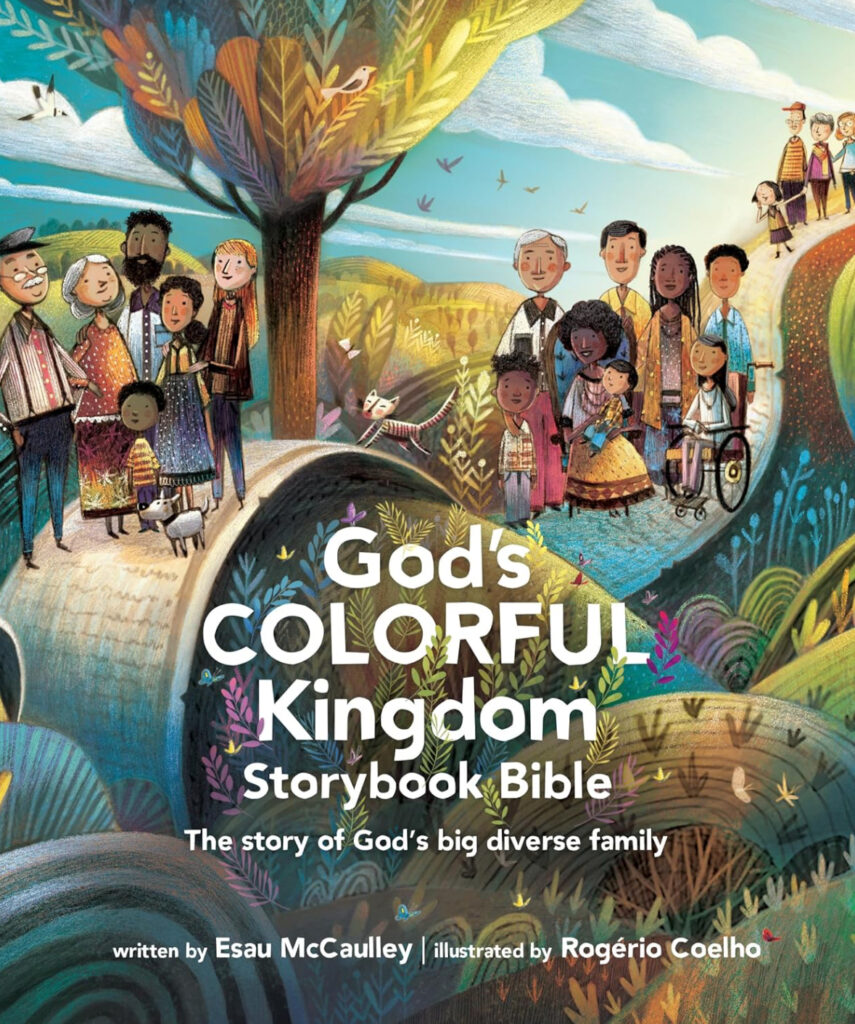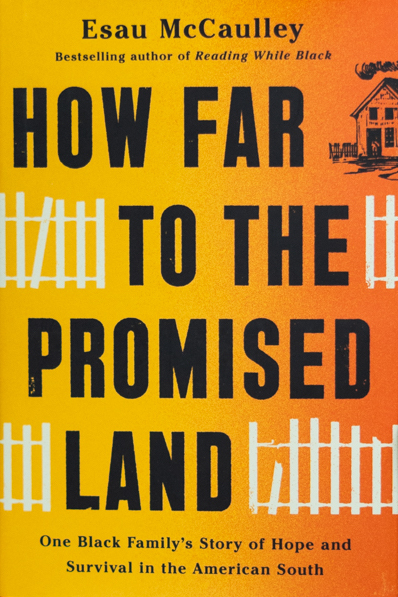
God’s Colorful Kingdom Storybook Bible is a rich, color-filled tapestry of Bible stories about God’s love of ethnic diversity, his concern for the poor, his justice, and his loving compassion. This one-of-a-kind storybook Bible celebrates God’s overarching story of grace and redemption and his intentional design for an ethnically diverse, multicultural church that cares for the vulnerable.

Andy Johnson loves fighting battles. Especially when he has his favorite sword, the Destroyer, by his side. So when Dad announces that the Johnson family is heading to the city to join a march, Andy’s ready to don his battle gear and be the best solider!
Except this isn’t a march to war . . . it’s a march for justice.

Historically, Bible commentaries have focused on the particular concerns of a limited segment of the church, all too often missing fresh questions and perspectives that are fruitful for biblical interpretation. Listening to scholars from diverse backgrounds and ethnicities offers us an opportunity to explore the Bible from a wider angle, a better vantage point.

For much of his life, Esau McCaulley was taught to see himself as an exception: someone who, through hard work, faith, and determination, overcame childhood poverty, anti-Black racism, and an absent father to earn a job as a university professor and a life in the middle class. But that narrative was called into question one night, when McCaulley answered the phone and learned that his father—whose absence defined his upbringing—died in a car crash. McCaulley was being asked to deliver his father’s eulogy, to make sense of his complicated legacy in a country that only accepts Black men on the condition that they are exceptional, hardworking, perfect.

Growing up in the American South, Esau McCaulley knew firsthand the ongoing struggle between despair and hope that marks the lives of some in the African American context. A key element in the fight for hope, he discovered, has long been the practice of Bible reading and interpretation that comes out of traditional Black churches. This ecclesial tradition is often disregarded or viewed with suspicion by much of the wider church and academy, but it has something vital to say.

“Lent is inescapably about repenting.” Every year, the church invites us into a season of repentance and fasting in preparation for Holy Week. It’s an invitation to turn away from our sins and toward the mercy and grace of Christ.
Often, though, we experience the Lenten fast as either a mindless ritual or self-improvement program. In this short volume, priest and scholar Esau McCaulley introduces the season of Lent, showing us how its prayers and rituals point us not just to our own sinfulness but also beyond it to our merciful Savior.

When Josey wonders why people are so different, Dad helps her understand that our differences aren’t a mistake. In fact, we have many differences because God is creative!
Josie is spending the day with Dad—getting her hair braided at Monique’s Beauty Shop, and picking out a new red dress for Sunday. Because Sunday is Pentecost! In the process, she learns to celebrate the differences she sees all around her as part of God’s plan for his creation.

This book explores the link between Paul’s belief that Jesus is Israel’s Messiah, and his interpretation of the Abrahamic Land Promise in Galatians. Countering claims that Paul replaces the Promised Land with the gift of the Spirit or salvation, Esau McCaulley argues that Paul expands this inheritance to include the whole earth; believing that, as the seed of Abraham and David, Jesus is entitled to the entire world as his inheritance and kingdom.
McCaulley argues that scholars have neglected Paul’s expanded interpretation of the inheritance of the earth, rarely appreciate the role that messianism plays in Galatians, and fail to acknowledge that Second Temple authors often portrayed royal and messianic figures as God’s means of fulfilling the promises made to Abraham and Israel, via the establishment of kingdoms.
© Created by Highest Good Media
All rights Reserved